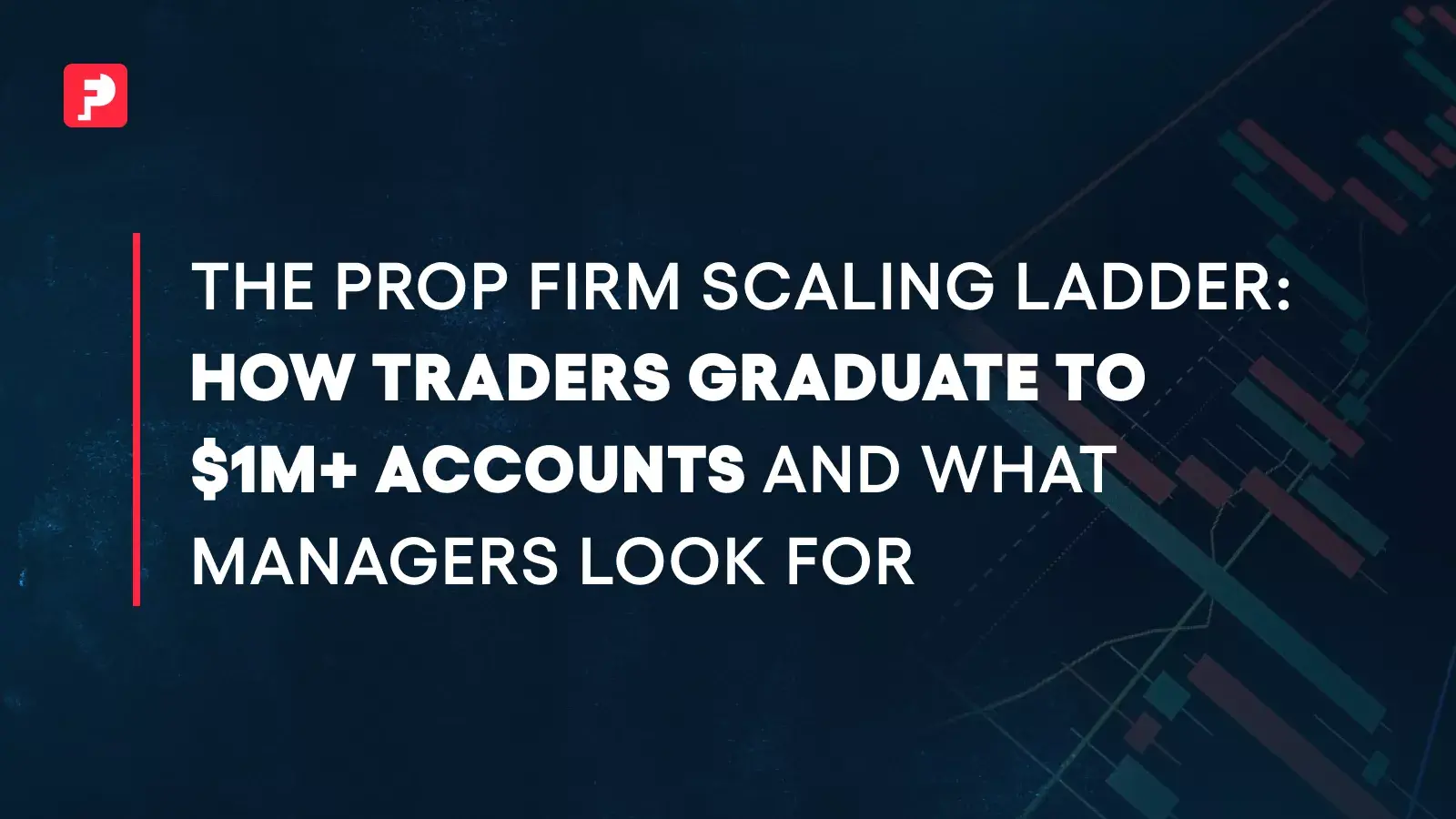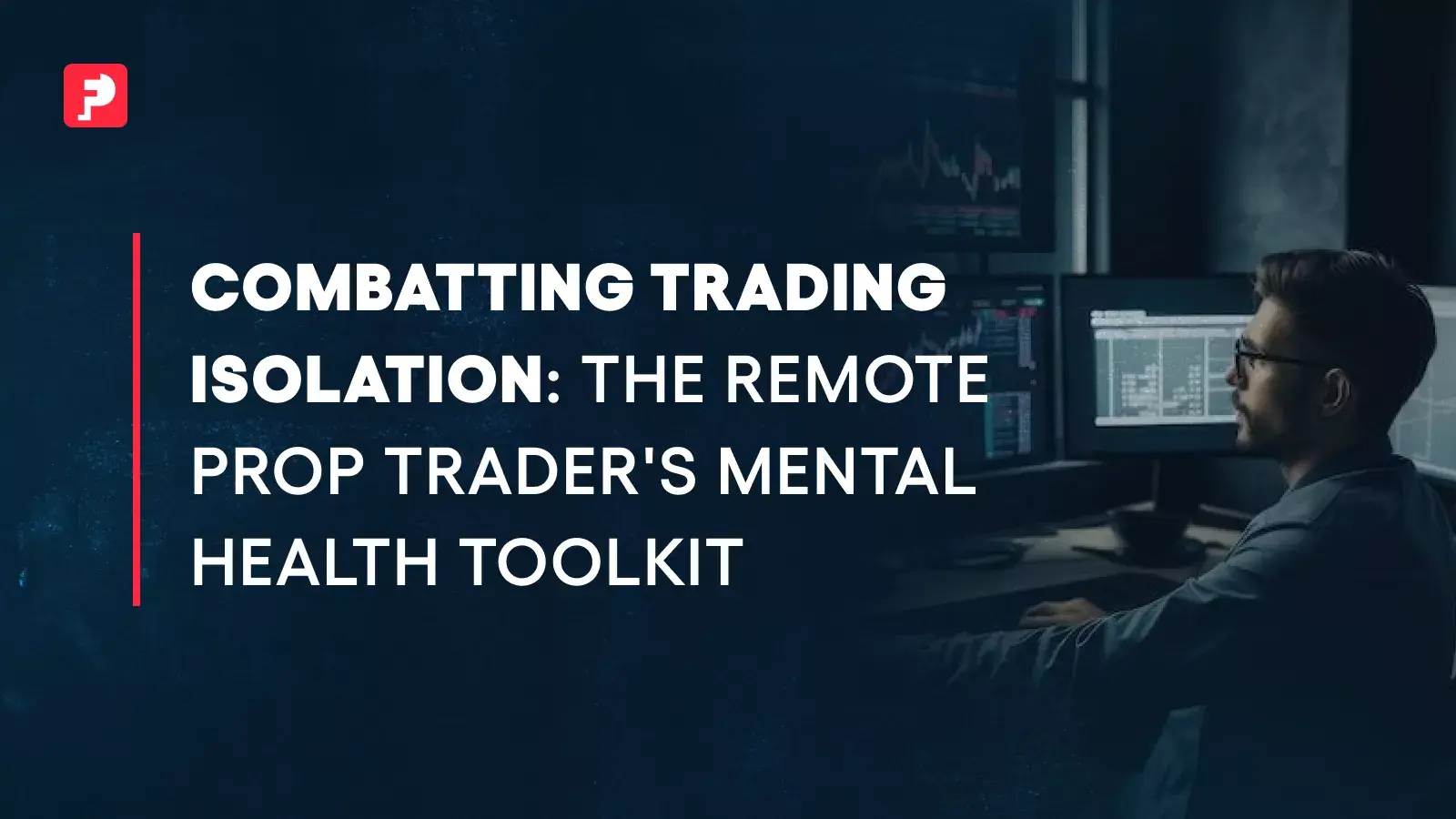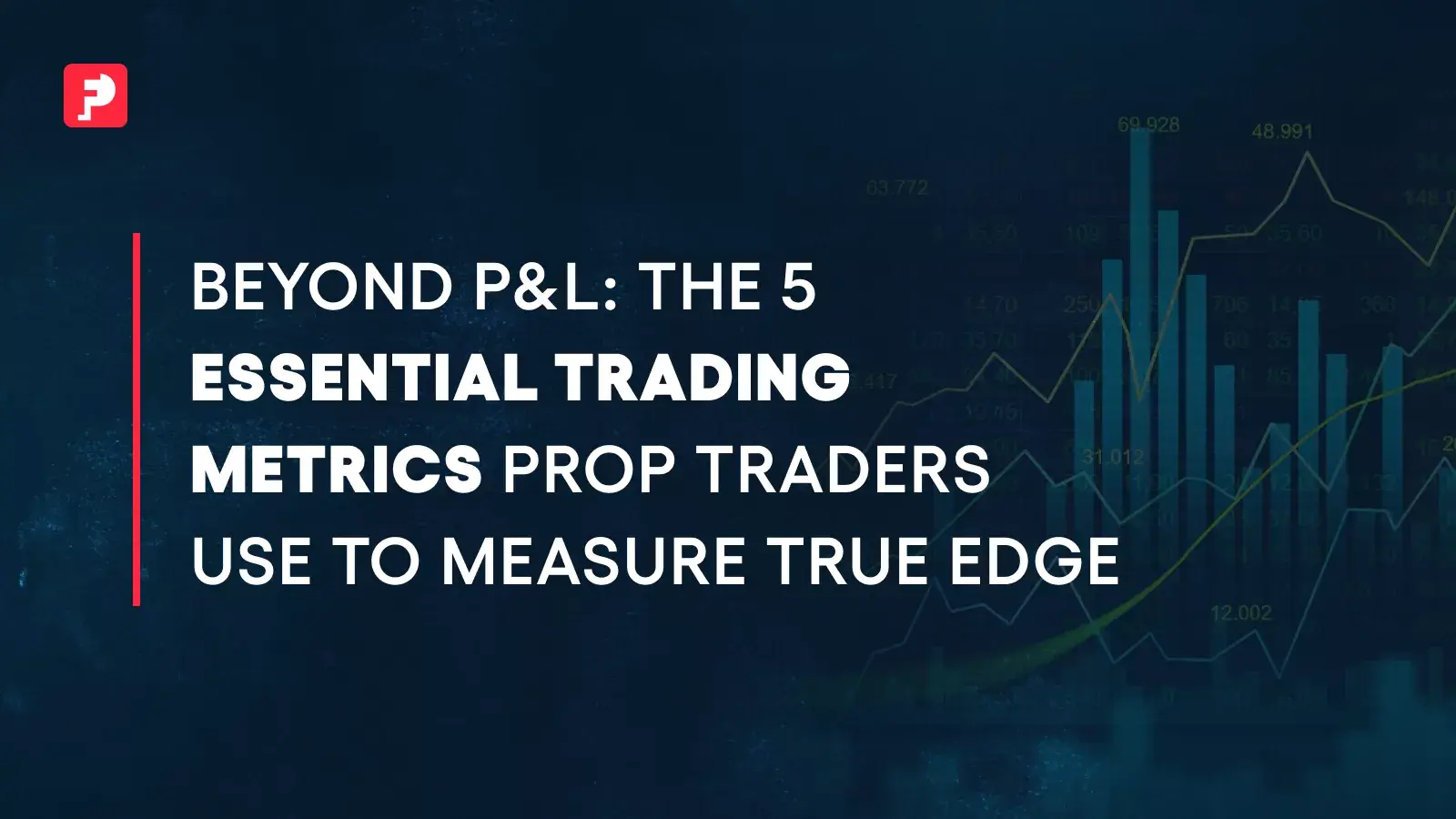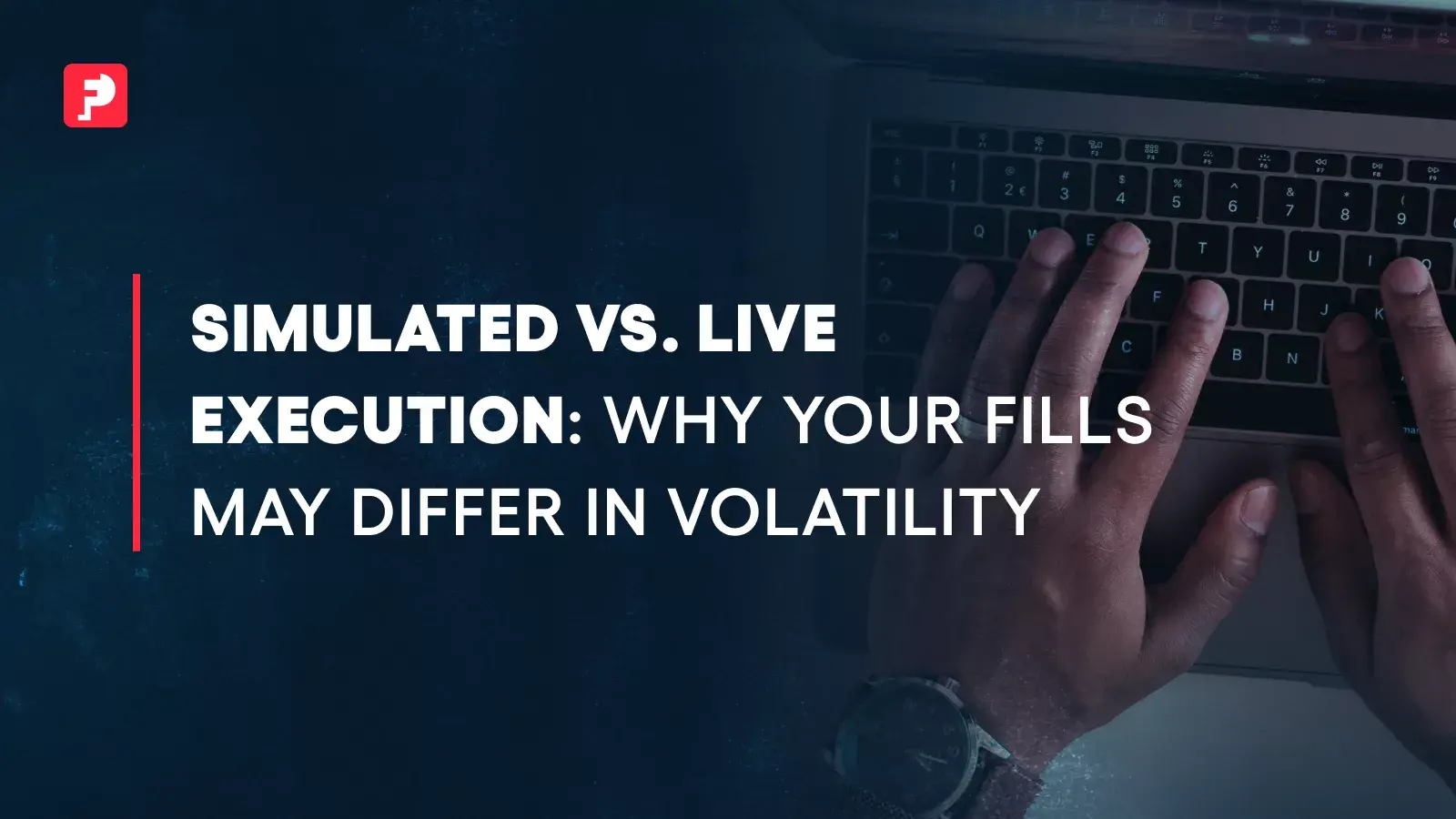Key Takeaways
- Proprietary trading firms offer great opportunities to talented traders who can meet specific targets, giving access to large amounts of capital. However, traders need to be aware of potential challenges, such as unexpected changes to profit targets or risk management rules, unclear terms and conditions, and high-pressure trading environments.
- While there are many benefits to trading with a prop firm, including enhanced skill development, networking opportunities, and advancement in the financial industry, it’s essential to be aware of the potential dangers. These can include a lack of regulation, complex business models, unclear terms and conditions, limited control over capital, questionable profit-sharing arrangements, limited transparency, and potential psychological impacts.
- To navigate these challenges and find the right prop firm, traders are advised to carefully read all documentation, check the firm’s operations, risk management strategies, and evaluation criteria, and contact customer support for clarification on any points of concern.
Before we debate the dangers of trading forex with prop firms let’s look at a real-world example.
Back in 2017, John joined a prop trading firm. Let’s call it “XYZ Traders.” Like many proprietary firms, XYZ promised to fund traders that passed their evaluation. John thought of himself as a pretty decent forex trader. He joined the XYZ Traders Evaluation and read up on the Challenge rules: in order to pass, he had to meet specific profit targets before a set deadline. Excited about the opportunity, John diligently traded forex and successfully hit his profit targets during the evaluation period.
However, when John applied for a funded account, he faced some unexpected challenges. Suddenly, the firm imposed additional criteria, such as an increased profit target and stricter risk management rules. These unexpected rules threw John off guard and made it difficult for him to progress further.
To make matters worse, the firm refused to answer his questions. John started to question his future with the firm. Moreover, the events knocked his confidence, and his trades were impacted for some time. John is an example of the dangers of trading forex with a prop firm without reading the fine print.
Prop trading is not dangerous per se: prop firms represent a fantastic funding opportunity, giving millions of traders the chance to access account sizes that would otherwise take them years to build up without risking their own capital. Unfortunately, there are bad apples in every barrel, and this article will help you spot them.
What Are Prop Firms?
Just to make sure all our readers are on the same page let’s do a quick recap of how prop trading works. A prop trading firm, short for “proprietary trading firm,” is a company that uses its own capital to finance talented traders in return for a cut of the profits. The profit ratio and T&Cs may differ from firm to firm, but the basic premise is the same: prop firms allocate company capital to traders who can demonstrably hit profit targets and contain losses.
How Do Prop Firms Work?
How do proprietary firm choose traders? Usually, they use an internal process to evaluate traders, also known as FAC (Funded Account Challenge). In the challenge, aspiring funded traders use a demo account to prove their skills by hitting predetermined goals, such as through hitting profit targets, respecting drawdown limits, and observing the consistency rule. Again, prop firms aren’t carbon copies of each other. Certain proprietary firms will require that their traders complete their evaluation within a time limit, while others (like FunderPro) offer unlimited time. Firms will vary in the strictness of their challenges and the funding packages they offer.
Bear in mind that, when it comes to funding, “the more the better” is not strictly true. Larger account sizes will come with higher profit targets and traders should make sure they can commit to the challenge. When it comes to payouts, some firms primarily earn revenue from evaluation fees, while others also benefit from the performance of successful traders. At FunderPro, our model is designed to reward strong traders with real opportunities. Hence, it’s no surprise that some prop firms may push you to bite more than you can chew.
Just so you know, if you sign up for a FunderPro account, you can take a free demo challenge that will help you gauge the account size you want to go for.
Benefits of Prop Trading
As the title of this article suggests, there are dangers to trading forex with a prop firm, and we will discuss the potential scenarios below and give tips and guidance on how to avoid them. First off though, why would a trader be drawn to a prop firm in the first place? There are countless benefits to prop trading. Here are some reasons a trader might benefit from joining a prop firm:
- Opportunity to highlight your trading skills and prove profitability
- Access to larger capital to kickstart your trading career
- Potential to trade larger account sizes and earn more
- Possibility of earning a hefty share of the profits you generate
- Chance to join a professional trading team
- Enhances your trading experience and skill development
- Provides a structured and goal-oriented trading environment
- Allows you to test and refine your strategies
- Offers a platform to network with other traders and industry professionals
- Advances your career in the financial industry
Dangers of Trading Forex with Prop Firms
Prop firms are not charities and as such their funding is conditional: traders need to adhere to the requirements and meet trading expectations consistently. Here are some of the common ways traders lose their challenges or funded accounts:
- Patchy regulation: Depending on the regulatory framework, prop trading firms may or may not operate in a legal grey area. Make sure the prop trading firm of your choice is trustworthy and discloses its terms transparently. Always keep in mind that:
- Proprietary trading as a business model does not always fit neatly into existing regulatory frameworks. The complexity and evolving nature of prop firms makes it challenging for regulators to keep up and develop the necessary guidelines.
- Regulatory bodies may not have established clear guidelines or rules specifically addressing prop trading, leaving firms with less oversight by external parties that would otherwise protect traders.
- Varied models: Prop trading firms often have different business structures and operational models. This impedes the development of standardized rules that cover a wide range of activities and structures in the industry.
- Unclear terms and conditions: Forex traders should watch out for prop firms with complex and ambiguous rules regarding trading, profit sharing, and risk management. Lack of clarity risks misunderstandings and disputes down the line.
- High-pressure environment: Forex traders should be no strangers to pressure: but strict evaluation criteria and time constraints in some prop firm challenges can create stressful trading conditions that not everyone is ready to withstand.
- Limited control over capital: It might sound obvious, but when trading with a prop firm you will be using the company’s capital – not your own. While this is the case in point for many traders, others may struggle with limited control over company funds and mounting pressure to meet the firm’s trading requirements.
- Profit sharing arrangements: Shared profits are a boon for sure, but some firms may take an excessive portion of the trader’s profits or make it difficult for them to withdraw funds.
- Limited transparency: Prop firms may not always give the full picture about their operations, risk management strategies, or evaluation criteria. This understandably leaves traders in a difficult position when assessing whether the firm is right for them.
- Psychological impact: Not everyone is cut out to be a prop trader. The pressure to perform and meet the firm’s expectations can negatively impact some traders’ mental well-being and create stress, anxiety, and emotional strain.
Now that you are aware of all the potential issues of joining a prop firm, let us give you a word of advice. There is only one way to find the right proprietary trading firm for you: carefully read their documentation from top to bottom, check that they tick all the boxes, and reach out to their customer support if you have any doubts.
Trading Forex with Prop Firms
Forex trading can be particularly challenging for prop traders due to the complexities and risks involved in the forex market. Forex trading requires a deep understanding of global economies, geopolitical factors, and intricate market dynamics. With a prop firm challenge, traders face additional pressures as they operate under the firm’s specific rules, limitations, and evaluation processes. Remember that if you are used to trading forex outside of a Challenge environment you will have to adapt your strategy as you may not enjoy the same flexibility in responding to market conditions. As all forex traders know, the high volatility and leverage in the foreign exchange can amplify both profits and losses, making self-discipline critical.
Conclusion
Prop firm challenges represent a unique opportunity for forex traders who might otherwise never be able to access large capital or trade without bearing responsibility for losses. Prop firms are not all the same, and traders should use the advice in this article to avoid the dangers presented by some companies. That said, with a dedicated approach, adaptable mindset, and thirst for victory, you could find yourself in a lucrative position of trading up to millions of dollars in company capital, especially now that you know all the dangers of trading forex with prop firms.
Ready to take the challenge? Sign Up Now.






